The Jungle Brothers say they would support a reunion of the Native Tongues, the collective in which they, along with De La Soul, A Tribe Called Quest and Queen Latifah and others, were members.
“That ain’t up to us, really,” the Jungle Brothers‘ Afrika Baby Bam says during an interview with WHO?MAG TV. “We on the road rocking out all the time. We open.”
“Never say never,” Mike Gee adds.
“It’s getting down to Tribe, the relationship between, within Tribe Called Quest,” Bam says, “‘cause they’re the only group that’s not together out of the Native Tongues.”
A Tribe Called Quest broke up in 1998 after its fifth album, The Love Movement. In 2011, Phife Dawg expressed uncertainty that the group will ever get back together.
In July, Posdnuous of De La Soul explained that the Native Tongues collective first formed in 1988 in Boston when De La Soul and Jungle Brothers performed together.
In the interview with WHO?MAG, Jungle Brothers also share their opinions on Beats, Rhymes & Life: The Travels of A Tribe Called Quest. Bam says he enjoyed the documentary overall, but that he was disappointed in the film’s angle.
“It hurt to kinda see the battle between Phife and Q-Tip,” he says. “I thought that was a little juvenile because the group has such a rich music story that really wasn’t touched on. It just more focused on the drama. They created a new sound with Hip Hop Jazz and it really went deep with the lyrics and their routines as a group and their image and going professional on the road. I think the whole drama part wasn’t really that necessary. I know Michael Rapaport was going at it like, ‘Beats, Rhymes and Fights.’ That’s what they were gonna call it. I was like, ‘You can’t do that to an historical group.’ That’s like showing Chuck D and Flavor Flav fighting for a whole documentary and you overlooking how they influenced people positively.”
The group is also asked about 2 Live Crew and Mike Gee explains the impact the Miami group had on the Hip Hop landscape.
“They was really the biggest group to come out of the South at that time,” he says. “So it’s like when you look at it, it’s like, ‘Oh, that’s how they doin it down there.’ There was no in-between. There wasn’t no ATL. There wasn’t no Virginia. It was just New York, Miami, Cali. Luke, as people know, he really opened up the doors for the independent Hip Hop scene and for the Southern Hip Hop scene.”
Watch the full interview below:
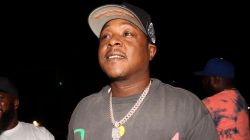
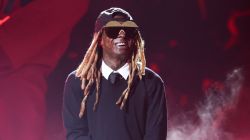
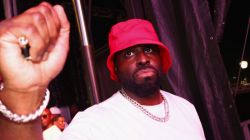

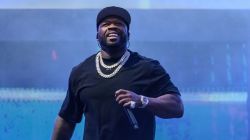

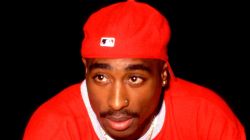

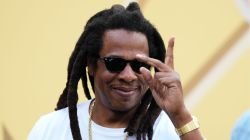


Not gonna happen so they should just get the Native Tongues back together anyways and invite Tribe to join them. The Native Tongues are more than just Tribe.
And what about Black Sheep? They also not together anymore.
Who?Mag is my favorite show!!! Excellent interviews if you’re a hip-hop head.